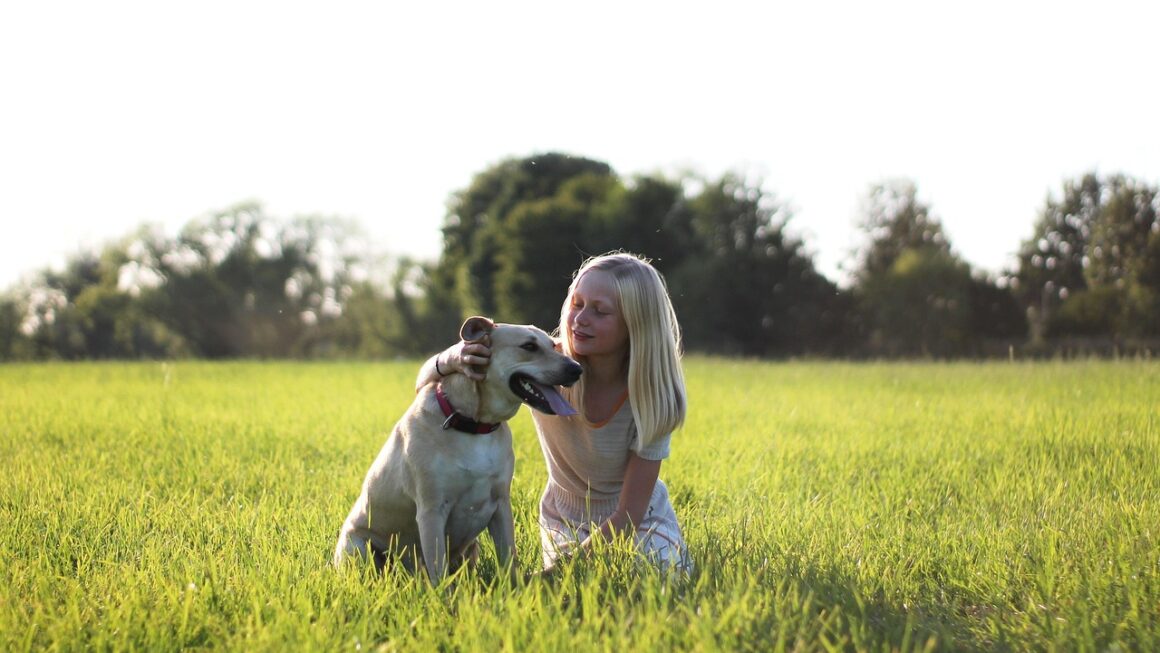Friendship, that precious gem in the tapestry of life, shines brightest in the form of a best friend. They’re the family you choose, the confidant who knows your deepest secrets, and the unwavering support system in a world that can often feel overwhelming. But what truly defines a “best friend relationship,” and how can we cultivate and cherish these invaluable bonds? Let’s dive into the elements that make a best friend relationship so special and explore how to nurture them.
The Defining Characteristics of a Best Friend Relationship
Unwavering Trust and Honesty
- Trust as the Foundation: At the core of any successful best friend relationship lies unwavering trust. This means believing in each other’s intentions, confiding without fear of judgment, and knowing that your secrets are safe.
Example: Imagine sharing a career aspiration with your best friend, knowing they’ll offer encouragement and honest feedback, rather than dismiss your dreams.
- Honesty, Even When It’s Hard: True friendship demands honesty, even when the truth is difficult to hear. It’s about having the courage to offer constructive criticism, even if it might sting initially.
Example: A best friend gently pointing out a pattern of self-sabotage, knowing it’s for your long-term well-being.
- Actionable Takeaway: Prioritize open communication and vulnerability to build a foundation of trust and honesty.
Mutual Respect and Acceptance
- Respecting Boundaries: A best friend respects your boundaries, both physical and emotional. They understand your limitations and never pressure you to do something you’re uncomfortable with.
Example: Respecting your need for solitude after a demanding week at work and not pushing you to socialize when you need rest.
- Acceptance of Flaws: No one is perfect, and a best friend accepts your flaws without trying to change you. They celebrate your strengths and offer support in areas where you struggle.
Example: Accepting your tendency to be late while still valuing your punctuality on important occasions.
- Actionable Takeaway: Learn to appreciate and respect each other’s individuality and boundaries, fostering a judgment-free zone.
Shared Values and Interests
- Common Ground: While you don’t need to agree on everything, shared values and interests provide a solid foundation for a lasting friendship. This common ground allows you to connect on a deeper level and enjoy spending time together.
Example: A shared love for hiking leading to regular outdoor adventures and bonding experiences.
- Evolving Together: As life changes, so do your interests. A strong best friend relationship adapts and evolves, finding new shared activities or simply supporting each other’s individual pursuits.
Example: Moving from clubbing in your 20s to attending book clubs and wine tastings in your 30s and 40s.
- Actionable Takeaway: Invest time in activities you both enjoy and remain open to exploring new interests together.
Unconditional Support and Loyalty
- Being There Through Thick and Thin: A best friend is your rock during difficult times. They offer a shoulder to cry on, a listening ear, and unwavering support, no matter what challenges you face.
Example: Offering emotional support during a job loss or a family crisis, and helping you navigate the situation.
- Loyalty and Advocacy: A best friend is loyal and stands up for you, even when you’re not around. They defend your character and advocate for your best interests.
Example: Correcting someone who makes a false assumption about you or standing up for you in a conflict.
- Actionable Takeaway: Be a consistent source of support and loyalty, showing up for your friend in times of need and celebrating their successes.
Effective Communication
- Open and Honest Dialogue: Best friends can talk about anything, from the mundane to the deeply personal. They communicate openly and honestly, even when it’s uncomfortable.
Example: Discussing relationship issues, work frustrations, or personal anxieties without fear of judgment.
- Active Listening: Good communication involves active listening – paying attention to what your friend is saying, both verbally and nonverbally, and responding with empathy and understanding.
Example: Putting away your phone and giving your full attention when your friend is sharing something important.
- Conflict Resolution: Disagreements are inevitable, but healthy best friend relationships handle conflict constructively. This involves respectful communication, a willingness to compromise, and a focus on finding solutions.
Example: Expressing your feelings calmly and respectfully, listening to your friend’s perspective, and working together to find a resolution that works for both of you.
- Actionable Takeaway: Practice active listening, honest communication, and respectful conflict resolution to strengthen your bond.
Maintaining a Thriving Best Friend Relationship
Prioritize Quality Time
- Making Time in a Busy Life: Life can get busy, but it’s crucial to prioritize quality time with your best friend. This could involve regular phone calls, coffee dates, or even just a quick check-in text.
Example: Scheduling a weekly phone call or a monthly lunch date to stay connected.
- Meaningful Activities: Focus on activities that allow you to connect on a deeper level, rather than just passively spending time together.
Example: Going for a hike, attending a concert, or cooking a meal together.
- Actionable Takeaway: Schedule regular quality time and engage in meaningful activities to nurture your friendship.
Show Appreciation and Affection
- Expressing Gratitude: Let your best friend know how much you appreciate them. This could involve saying “thank you,” writing a heartfelt note, or simply expressing your affection.
Example: Sending a thoughtful card or gift to show your appreciation.
- Small Gestures: Small gestures can go a long way in strengthening your friendship.
Example: Bringing your friend a coffee when they’re having a tough day or offering to help them with a task.
- Actionable Takeaway: Regularly express your gratitude and affection through words and actions.
Forgiveness and Understanding
- Accepting Imperfection: Everyone makes mistakes. Be willing to forgive your best friend when they mess up and offer them the same understanding that you would want in return.
Example: Forgiving a missed phone call or a forgotten birthday.
- Open Communication About Hurt Feelings: If something your friend does hurts your feelings, communicate it openly and honestly. Avoid holding grudges or letting resentment build.
- Actionable Takeaway: Practice forgiveness and understanding, addressing hurt feelings through open communication.
Conclusion
A best friend relationship is a precious gift that enriches our lives in countless ways. By cultivating trust, respect, shared values, unwavering support, and effective communication, we can build and maintain these invaluable bonds. Prioritizing quality time, showing appreciation, and practicing forgiveness are essential for nurturing a thriving best friend relationship that will stand the test of time. So, reach out to your best friend today and let them know how much they mean to you.




